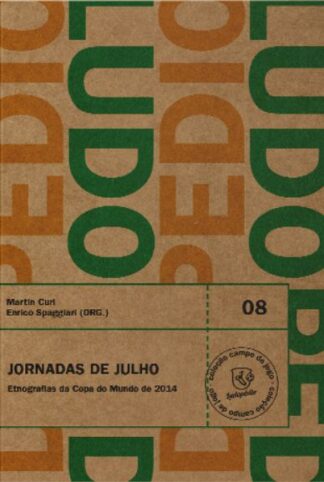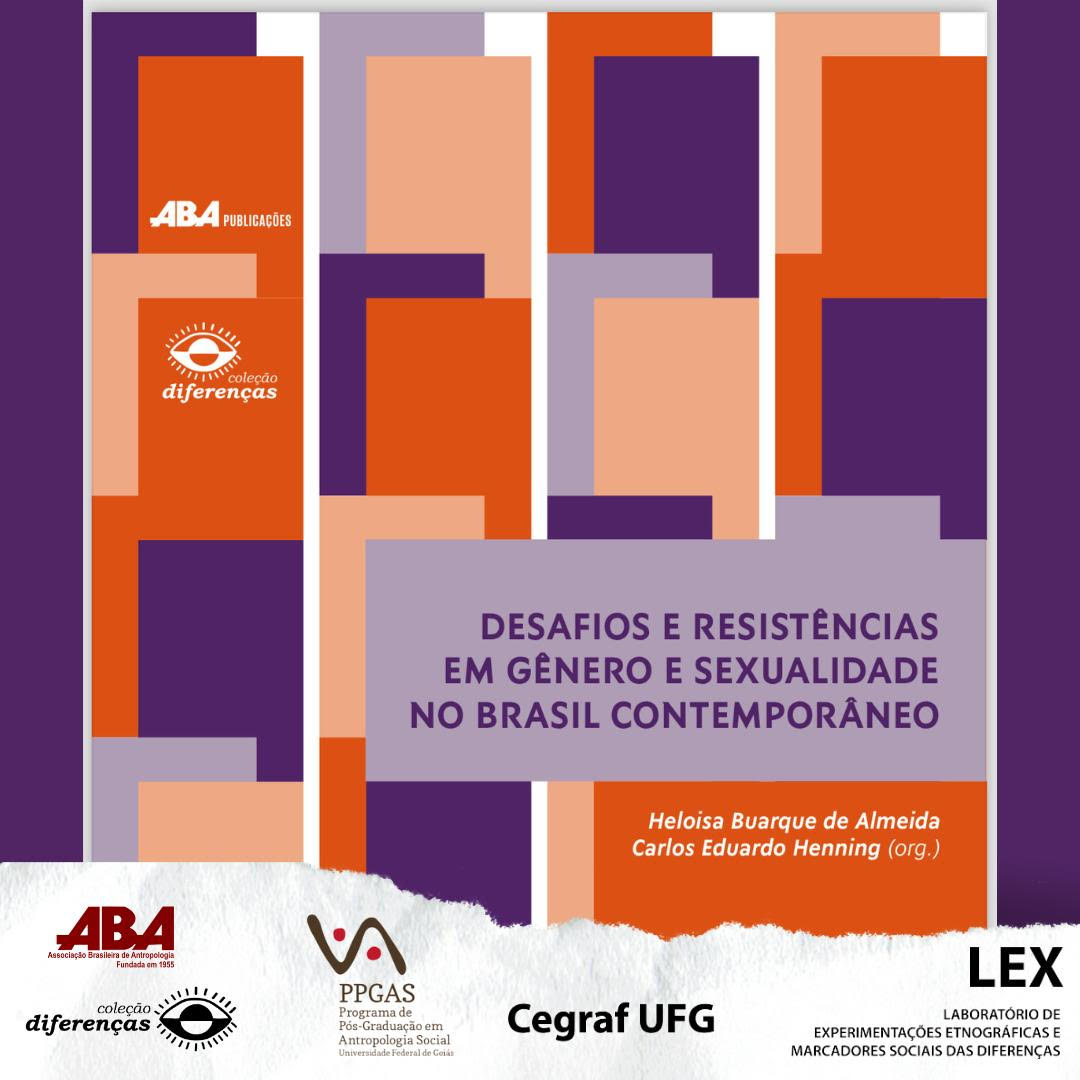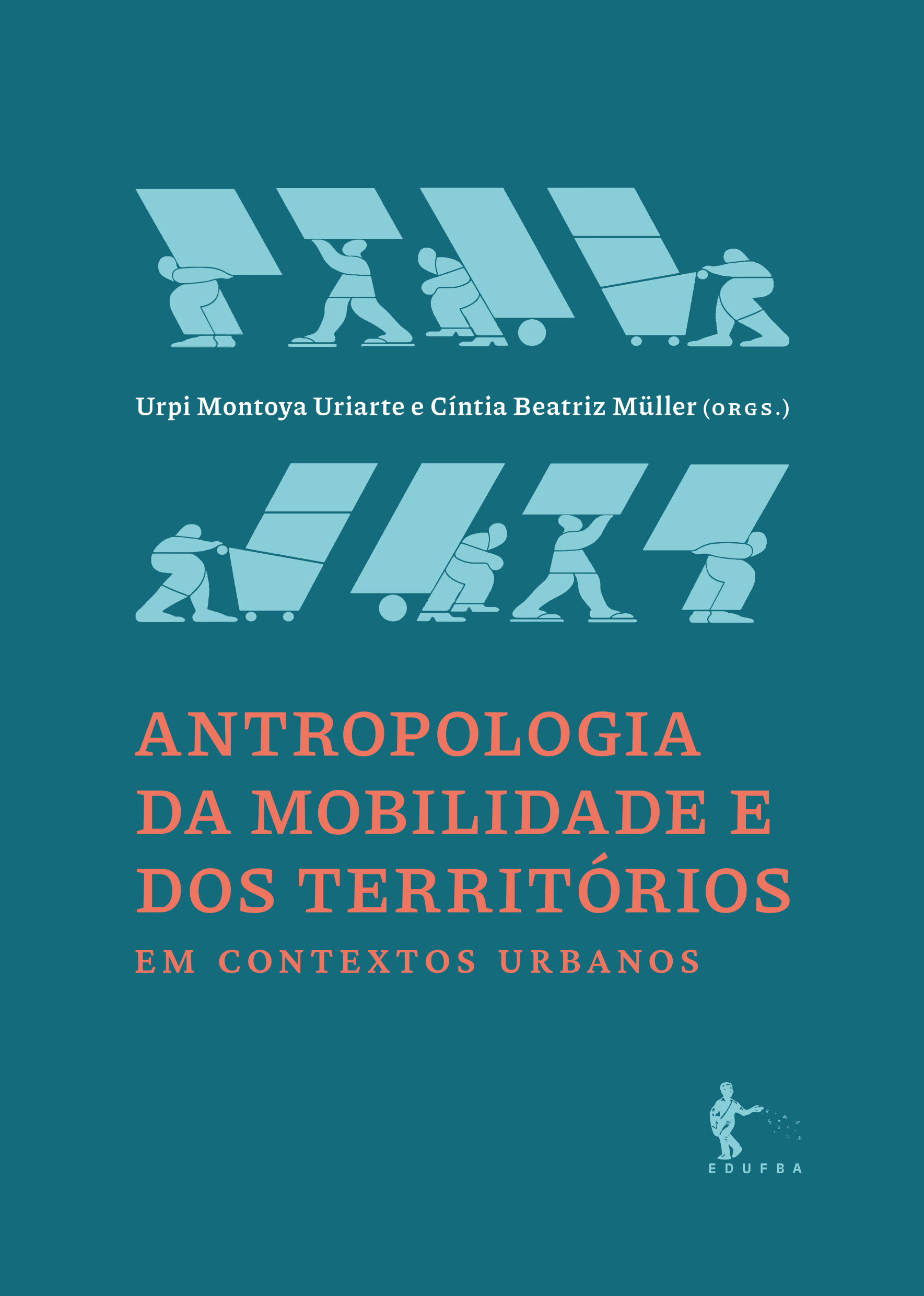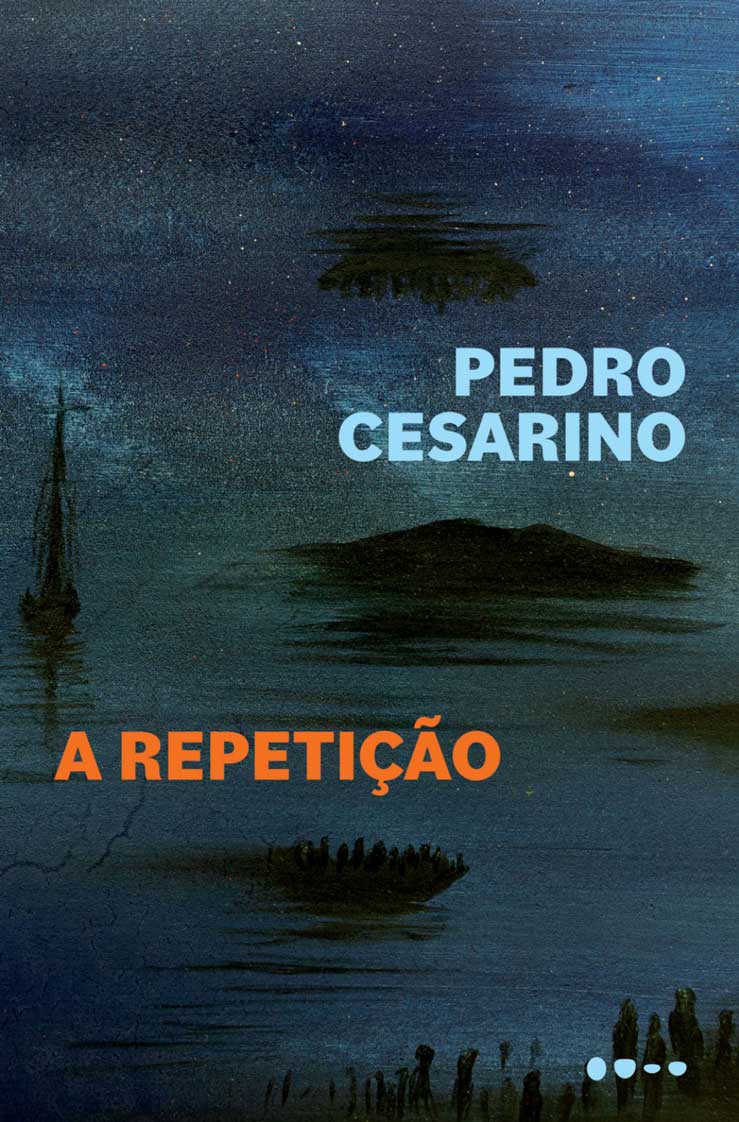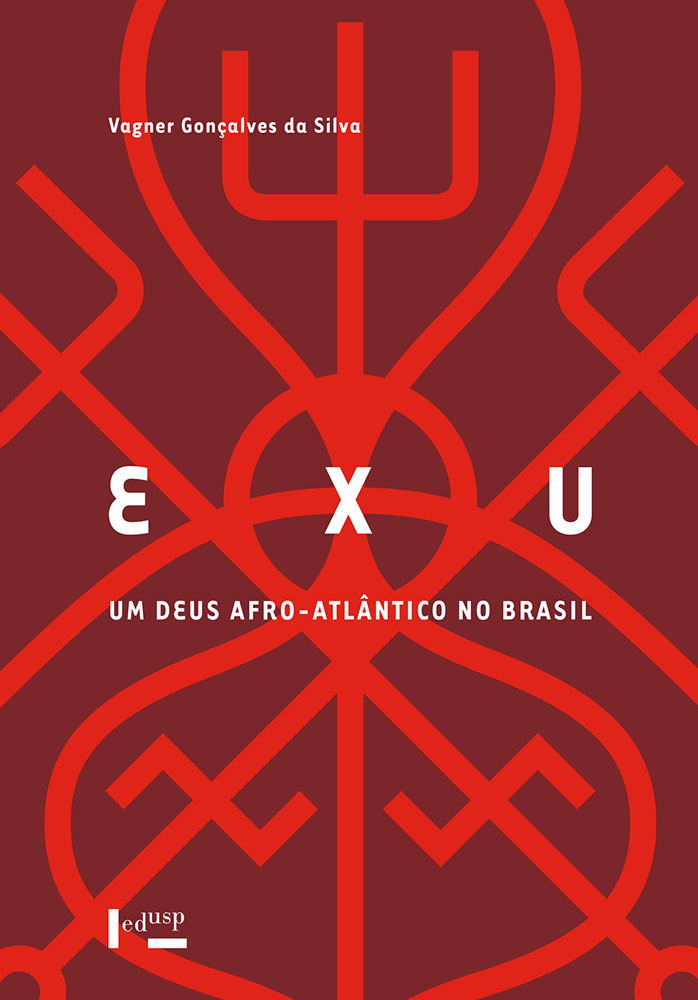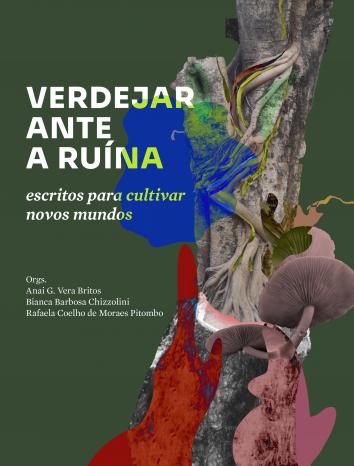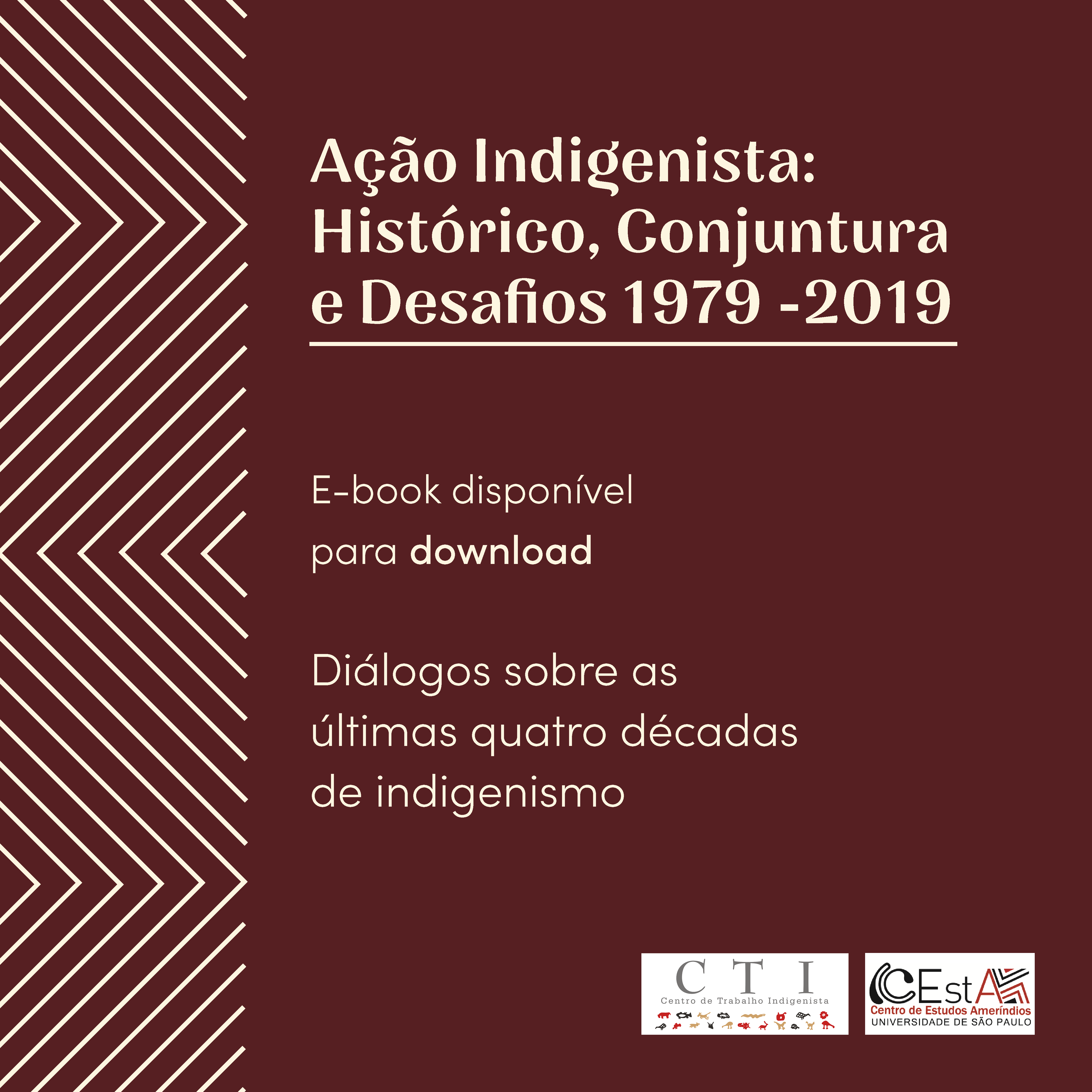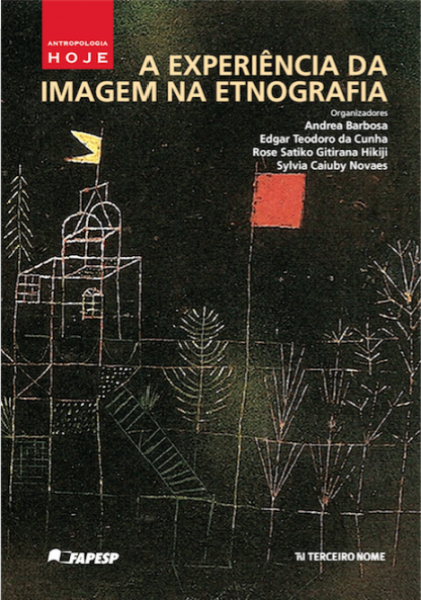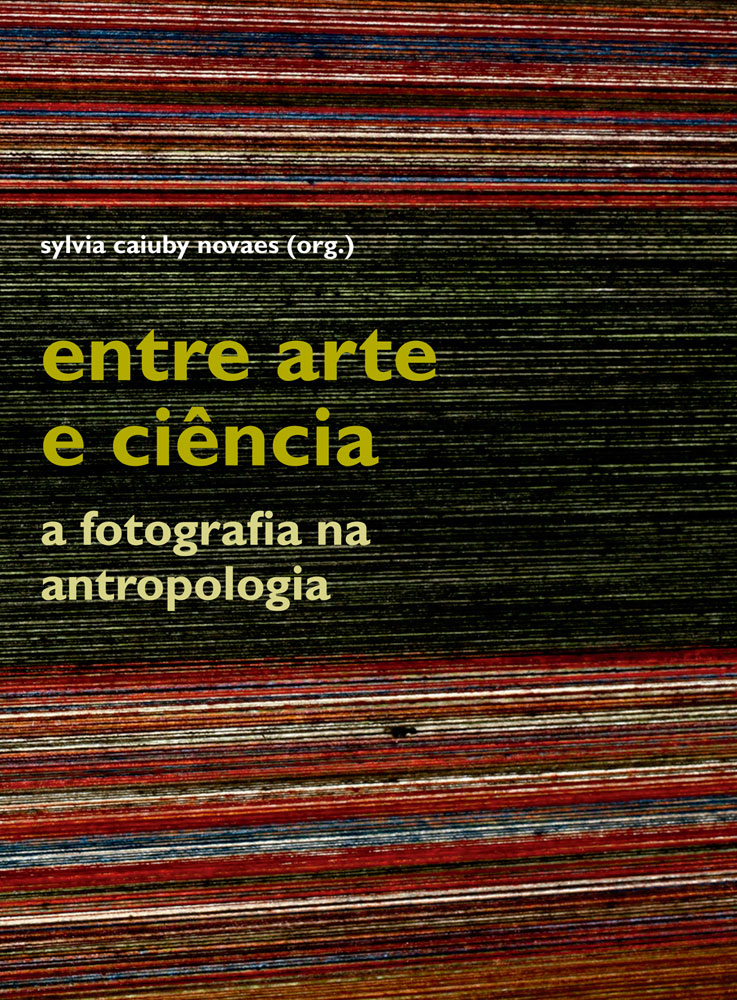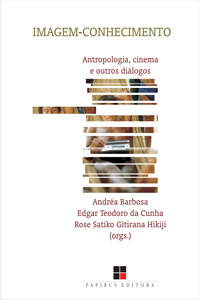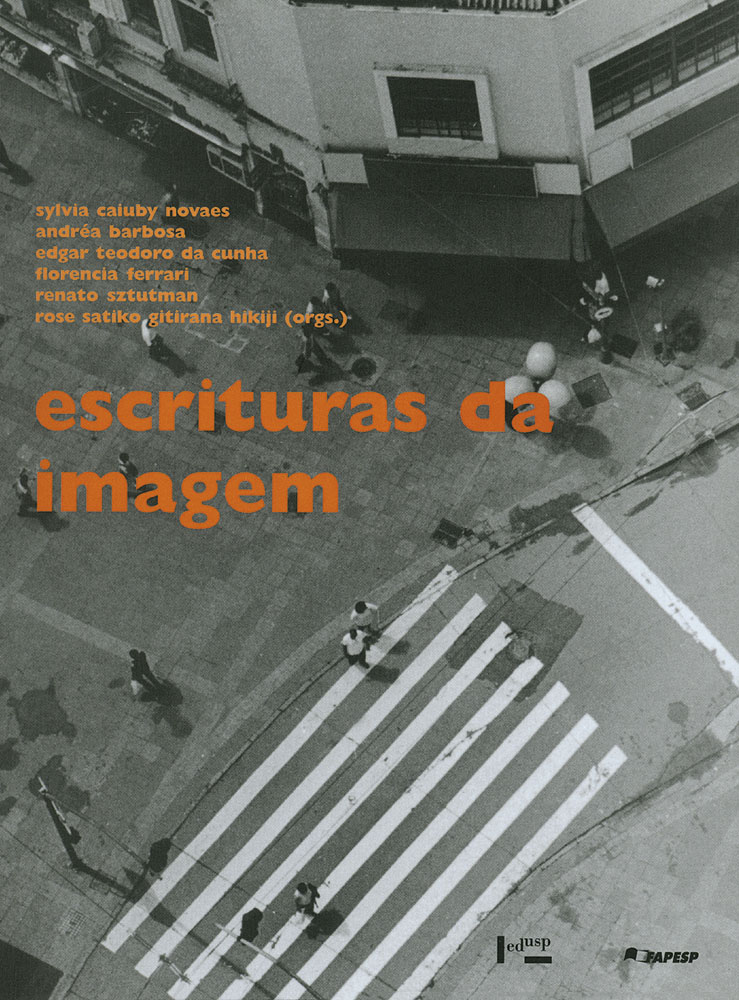Livros Publicados
This book presents detailed ethnographic reports and detailed analyses of journalistic material about the 2014 Men's World Cup, held in Brazil. Bringing together 13 articles by nine leading researchers, the 2014 World Cup is dissected in narratives that transcend the matches and results. Although the victory of the German team over the Brazilian team by a score of 7-1 is considered one of the most remarkable events of this World Cup, the texts gathered here go beyond and bring an important and fundamental reflection on the acts and meanings of cheering and on the meanings of rivalries built on the football field. With rare academic sensitivity, the texts are, at the same time, endowed with a very generous writing style towards the reader, inciting us to a deep reflection on the values and senses of regional and national belonging that arise from the national teams. Fans are portrayed in detail in their emotions and affections during the event. Ethnographic reports reveal significant differences between ways of understanding Brazil and the “others” in the north and south of the country. This work broadens the horizons of sociological and anthropological studies of football in Brazil (Ronaldo Helal). Published by Editora Ludopédio (SP).
We are happy to announce the publication of the book “Desafios e Resistências em Gênero e Sexualidade no Brasil Contemporâneo”, organized by Heloisa Buarque de Almeida (USP) and Carlos Eduardo Henning (UFG), which has just been published by CEGRAF/UFG . The book is the result of the work of the Gender and Sexuality Committee of the Brazilian Anthropology Association (ABA) in the years 2019-2020. The work is part of the PPGAS/UFG Differences Collection and the ABA publications seal, with support from PPGAS/UFG and PPGAS/USP. The book can be downloaded for free via:https://bit.ly/4bn1rQX
By connecting mobility and territory, diversity and inequality, the work is situated at the heart of anthropology and its contemporary challenges. Accustomed to understanding villages and ethnic groups as supposedly homogeneous units, anthropology, as it urbanized, sought out relatively closed neighborhoods and groups, but had to confront the mobility of subjects and the porosity of the physical and imaginary borders of cities. It also had to give meaning to the multiple differences in origin, language, and cultural habits among city dwellers, accounting for the emergence of new conflicts and new types of encounters and relationships. Interpersonal and family networks, transportation networks, sacred spaces, all of these networks accessible to ethnographic observation, show us a city that is much more "articulated" than it appears when seen from above and from afar. More than territories, this book encourages us to think about territorializations, because in urban contexts nothing is given in advance, everything is done and undone in the midst of processes.
Totanauá is the first of his people to learn to read. Listen to strange words on paper that talk about a new time. He tries to pass them on to his relatives, who receive the revelations without knowing whether or not they believe in the old man. Settled in the garden of a hospital, M. hears reports of people disturbed by dreams of relatives who have died from a devastating illness. During the night, he receives visits from spirit women who enter through his apartment window. Will they bring explanations about enigmatic dreams? Do the dreams have anything to do with the desolate state in which the metropolis and the entire territory in which M. lives is found? From his apartment, the narrator recalls his childhood and discovers documents that connect to the past through dreams and visions. In these two novels gathered in A Repetition, Pedro Cesarino masterfully narrates the journey of two characters involved in dilemmas about the truth. Located in different worlds ― the forest, the metropolis and the coast ― both are confronted with the legacy of slavery, violence against indigenous peoples and economic exploitation. Using historical facts, studies and documents to write fiction, Pedro Cesarino develops a heterodox narrative and imagery record, established from the interlocution with indigenous and afrocentric thoughts still little present in contemporary Brazilian literature.
Exu is the most celebrated African god in the Afro-Atlantic world. His cult, however, is not homogeneous. It results from a long historical process of conflicts, exchanges, dialogues, negotiations, impositions and resistance between different cosmological systems that came into contact at the confluence of African, European and American cultures. This book aims to provide some points of view through which their cult in Brazil can be characterized, especially in Candomblé and Umbanda, the two best-known denominations among religions of African origin, and to analyze their appropriation by Christian denominations — first by Catholicism and, more recently, by neo-Pentecostalism. The book also features the Afro-Atlantic mythology of Exu, in which 183 myths of this deity are compiled, identified in academic and religious texts, as well as three annexes that bring the iconography, filmography and musicography of Exu.
Bianca Barbosa Chizzolini
Rafaela Coelho de Moraes Pitombo
(Org.)
The book Verdejar ante a ruína. Escritos para cultivar novos mundos is a scientific publication proposed by Anai G. Vera Britos, Bianca Barbosa Chizzolini and Rafaela Coelho de Moraes Pitombo, students of the Department of Anthropology. Organized remotely during the pandemic and without the authors and authors knowing each other personally, the publication was born from the impetus to extrapolate the walls of the University and echo the debates of the discipline “Plant Interactions: Relations between humans, plants and other non-humans in the anthropological debate contemporary” given by Marta Amoroso, Karen Shiratori and Ana Gabriela Morim de Lima in the first half of 2020. The book is also a response to attacks directed at indigenous and traditional peoples, science and free thinking, a project that was exacerbated during the government Bolsonaro and common to different expressions of the far right in Latin America. Organized in five thematic axes – Vegetal Agency, Landscape Anthropization, Plant Poetics, Ecocide and Colonial Updates –, this publication combines contributions that explore different poetic languages and visual supports in the areas of Anthropology, Indigenous Ethnology, Archeology, Sociology, Biology, Botany, Ecology, Visual and Verbal Arts and knowledge of indigenous and traditional peoples.
The online version of the book Ação Indigenista: História, Conjuntura e Desafios 1979-2019 is available (access here). The result of the seminar that marked the 40 years of the Indigenous Work Center, the publication portrays aspects of the history of the CTI and of indigenism itself in the last four decades. In the book, the speeches of the participants of the debates of the event were transcribed in full.
It is possible to access the publication in the CTI Digital Library and in the page of the Center for Amerindian Studies (CestA) of the University of São Paulo, which jointly organized the publication.
The debates took place on March 28 and 29, 2019 during the seminar "Indigenous Action: history, situation and challenges", held in São Paulo, by CTI and CEstA, with support from the Laboratory of Image and Sound in Anthropology (LISA) of the USP, Amazon Cooperation Network (RCA), Educational Action and Royal Norwegian Embassy.
Given the richness and diversity of the twenty-eight presentations by indigenous leaders, anthropologists and indigenists, CTI and CEstA worked in partnership to make this material available in the form of an e-book.
“Writing part of the biography of an entity like the Centro de Trabalho Indigenista is also talking about the future: it is recording the history of the work of a group of young people, mostly anthropologists and anthropologists, who, in 1978, returned to field work in the villages. , decided to remain with the indigenous peoples who welcomed them, denouncing the colonialism practices imposed by FUNAI – everything, more than ever, so current – a group that at the same time built national and international partnerships that were and are strategic in the struggle for autonomy and self-determination of these peoples”, comments Marta Amoroso, anthropologist and researcher at CEstA-USP, in the book's preface.
Edgar Teodoro da Cunha
Rose Satiko Gitirana Hikiji
Sylvia Caiuby Novaes
(Org.)
Classic themes of anthropology, such as space, memory, body, religiosity, experience and performance, have an innovative analytical perspective based on the image, which allows the researcher to incorporate gestures, looks, postures and movements, and for the viewer to broaden their perception in a different way. both rational and sensitive. With texts by 21 researchers and two DVDs with 9 videos, this book, divided into three parts - Cinema and Anthropology; Photography and Ethnography; and Transdisciplinary experiences - it is the result of a long investment by the Visual Anthropology Group at USP - GRAVI to incorporate the image in anthropological research.
(Org.)
The essays that make up this collection discuss the numerous affinities between anthropology and photography. The organizer selected articles that point to the possibilities of the alliance between the two areas, highlighting the reason for the mutual enchantment between anthropologists and photographers, united by the desire for a connection between art, knowledge and information. The images indicate the possibility of deepening the density of ethnography by using other narrative forms than just verbal scientific discourse. The hybrid character of photography, between art and science, and the new paths it opens up for the relations between visuality and textuality contribute to the development of alternative processes of expression of knowledge, as the writings of this work demonstrate.
Regina Polo Muller
(Org.)
'Performance - Arte e Antropologia' presents dialogues that bear the reflections of artists and anthropologists who came together to converse, exchange experiences, and explore their inquietudes about the human condition.
Edgar Teodoro da Cunha
Rose Satiko Gitirana Hikiji
(Orgs.)
The articles in this volume, the result of work carried out at the Laboratory of Image and Sound in Anthropology, demonstrate that, even within the social sciences, the image constitutes a fertile field for analysis and a mode of presenting research data. According to the editor, for anthropologists the perception afforded by the image resembles that made possible by ethnography. Even when describing what is familiar, ethnography grants access to another reality submerged beneath the apparent familiarity that conceals the gaze. The selected contributions have been divided into three parts. The first brings together articles on the image—especially the language of cinema—from the perspective of the social sciences. These are followed by four photographic essays, each accompanied by brief texts that seek to engage in dialogue with the images, and, finally, three articles by researchers offering critical commentary on the visual production presented.
Andréa Barbosa
Edgar Teodoro da Cunha
Renato Sztutman,
Rose Satiko Gitirana Hikiji
Florencia Ferrari
(Orgs.)
The articles in this volume, the result of work carried out at the Laboratory of Image and Sound in Anthropology, demonstrate that, even within the social sciences, the image constitutes a fertile field for analysis and a mode of presenting research data. According to the editor, for anthropologists the perception afforded by the image resembles that made possible by ethnography. Even when describing what is familiar, ethnography grants access to another reality submerged beneath the apparent familiarity that conceals the gaze. The selected contributions have been divided into three parts. The first brings together articles on the image—especially the language of cinema—from the perspective of the social sciences. These are followed by four photographic essays, each accompanied by brief texts that seek to engage in dialogue with the images, and, finally, three articles by researchers offering critical commentary on the visual production presented.


